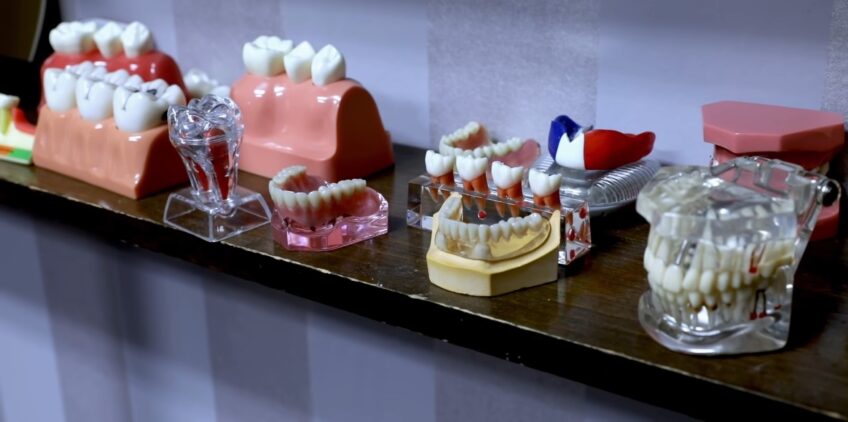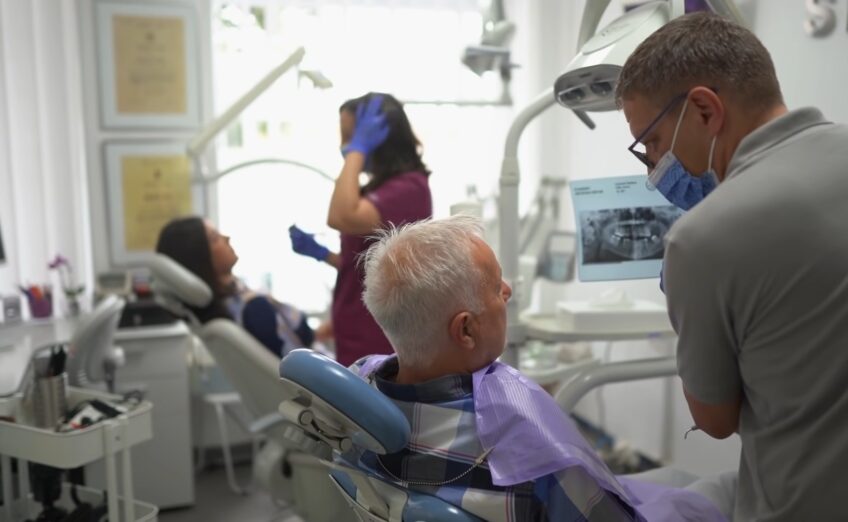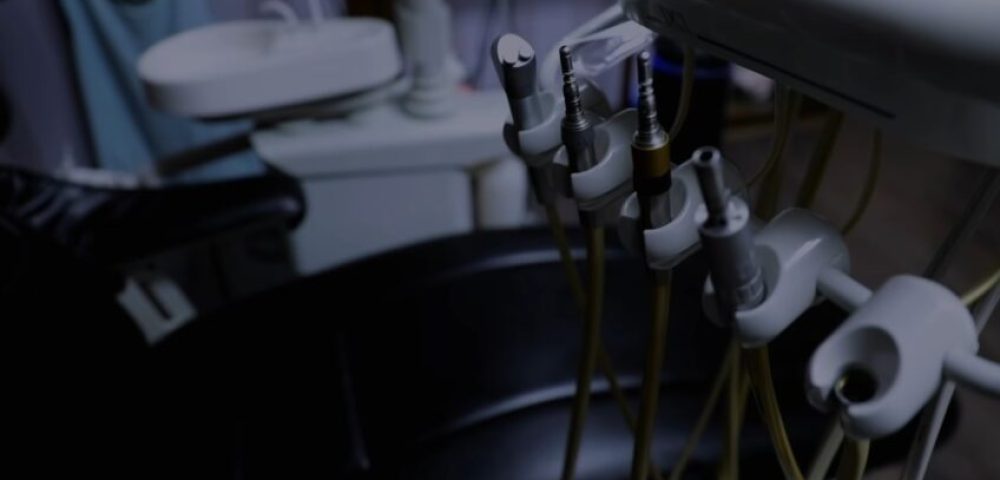Medicare is a federal health insurance program that covers people aged 65 and older and some younger individuals with specific disabilities or medical conditions. While Medicare offers comprehensive coverage for many healthcare services, it does not typically cover dental care. This can be a significant concern for many Medicare beneficiaries who require treatments, as odontic care can be costly and unaffordable without insurance coverage. Here we will explore what Medicare covers for dental care, what options are available for Medicare beneficiaries who need coverage, and some essential things to value when selecting a dental plan.
Page Contents
- 0.1 1. What Medicare covers for dental care
- 0.2 2. Medicare Advantage Plans with Dental Coverage
- 0.3 3. Stand Alone Dental Plans
- 0.4 4. Discount Dental Plans
- 0.5 5. Dental Savings Plans
- 0.6 6. Choosing a Dental Plan
- 0.7 7. Medicare Supplement Insurance
- 0.8 8. Dental Schools
- 0.9 9. Community Health Centers
- 0.10 10. Original Medicare
- 1 Importance of Dental Care for Seniors
1. What Medicare covers for dental care
Original Medicare (Part A and Part B) does not cover the routine dental care, such as cleanings, fillings, and extractions. However, there are some situations in which Medicare may cover odontic services, such as if you require care as part of a medically necessary procedure, such as jaw reconstruction surgery. Medicare Part A may also cover services essential for inpatient hospital care, such as exams before a heart valve replacement surgery.
2. Medicare Advantage Plans with Dental Coverage
Medicare Advantage plans are private insurance offered by Medicare-approved insurance companies. These plans provide all of the benefits of Original Medicare, plus benefits that may include dental coverage. Medicare Advantage plans that include odontic coverage cover various services, from routine cleanings and exams to more complex procedures like root canals and dentures according to this website.
3. Stand Alone Dental Plans
Another option for Medicare beneficiaries needing dental coverage is to purchase a standard odontic insurance plan. These plans are offered mostly by private insurance companies and explicitly designed to provide coverage for odontic care. While stand alone plans can be a good option for those who need comprehensive dental coverage, it is essential to note that they may or may not be available in all areas, and premiums can vary widely.
4. Discount Dental Plans
Discount dental plans are another option for Medicare beneficiaries who need care. These plans give members access to a network of participating dentists who have agreed to provide their services at a discounted rate. While discount plans are generally less expensive than traditional insurance plans, they typically offer less comprehensive coverage.
5. Dental Savings Plans
Dental savings plans are similar to discount odontic plans in giving members access to a network of participating dentists who have agreed to provide their services at a discounted rate. However, with a savings plan, members pay an annual fee in exchange for discounted rates. Dental savings plans can be a good option for those who require regular care but do not want to pay high premiums for traditional insurance coverage.
6. Choosing a Dental Plan

When selecting a plan, it is essential to consider several factors, such as the type of coverage offered, the cost of premiums and deductibles, and the network of participating dentists. It is also essential to carefully review the plan’s coverage limits and any exclusions or limitations. Finally, check with your dentist to ensure they accept the program you are considering.
7. Medicare Supplement Insurance
Medicare Supplement Insurance, also known as Medigap, is a type of insurance that can be purchased in addition to Original Medicare. Medigap plans can help cover some out-of-pocket costs associated with Medicare, such as deductibles and copayments. While Medigap plans do not typically offer odontic coverage, some programs may offer a discount on dental services.
8. Dental Schools
Some dental schools offer the public low-cost or free odontic services as part of their training programs. While this option may not be as convenient as visiting a regular dentist, it can be a good choice for those who cannot afford traditional dental care.
9. Community Health Centers
Community health centers are nonprofit healthcare providers that offer a range of services to underserved populations. While not all community health centers offer dental services, some provide low-cost or free odontic care to those in need.
10. Original Medicare
Original Medicare, also known as Medicare Part A and Part B, does not typically cover routine dental care, such as cleanings, fillings, and extractions. However, there are some exceptions to this rule that include Medicare Part A may cover odontic services necessary for treating a medical condition, such as jaw reconstruction following an injury or disease.
Importance of Dental Care for Seniors

As we age, dental care becomes increasingly important. Seniors are more susceptible to a range of odontic issues, including gum disease, dry mouth, tooth loss, and oral cancer. Poor oral health can also lead to a host of other health problems, including heart disease, diabetes, and pneumonia.
Regular checkups and cleanings are critical for seniors, as they can help detect and prevent problems before they become more serious. Dentists can also provide advice on proper oral hygiene, diet, and lifestyle choices that can improve overall dental and physical health.
Seniors who wear dentures or other appliances should also receive regular checkups to ensure that they fit properly and are functioning correctly. Failure to maintain these appliances can lead to discomfort, pain, and even infections.
In addition to regular checkups, seniors should practice good oral hygiene habits, such as brushing twice a day with fluoride toothpaste and flossing daily. They should also avoid tobacco and excessive alcohol consumption, as these habits can increase the risk of oral cancer and other health problems.
Overall, dental care is an essential component of seniors’ overall health and well-being. By taking care of their teeth and gums, seniors can improve their quality of life and reduce the risk of serious health problems.
While Medicare does not typically cover dental care, several options are available for Medicare beneficiaries who need odontic coverage. There are various options, from Medicare Advantage plans with odontic coverage to stand alone insurance, discount, and dental savings plans. When selecting a dental procedure, reviewing the coverage options and costs carefully and considering factors such as the network of participating dentists and any coverage limitations or exclusions is essential. By selecting the right plan, Medicare beneficiaries can ensure they can access the dental care they need to maintain good oral health.
Also Read:
- Is Gatorade Acidic? - Everything You Need to Know
- Should You Take Pre-Workout on an Empty Stomach - Is…
- 10 Ways to Change Your Mindset and Attitude 2024:…
- How Long Do Mashed Potatoes Last In The Fridge 2024…
- The Best Way to Store Popcorn - Ultimate Guide 2024
- 8 Best Weight Gain Supplements for Skinny Guys 2024…















